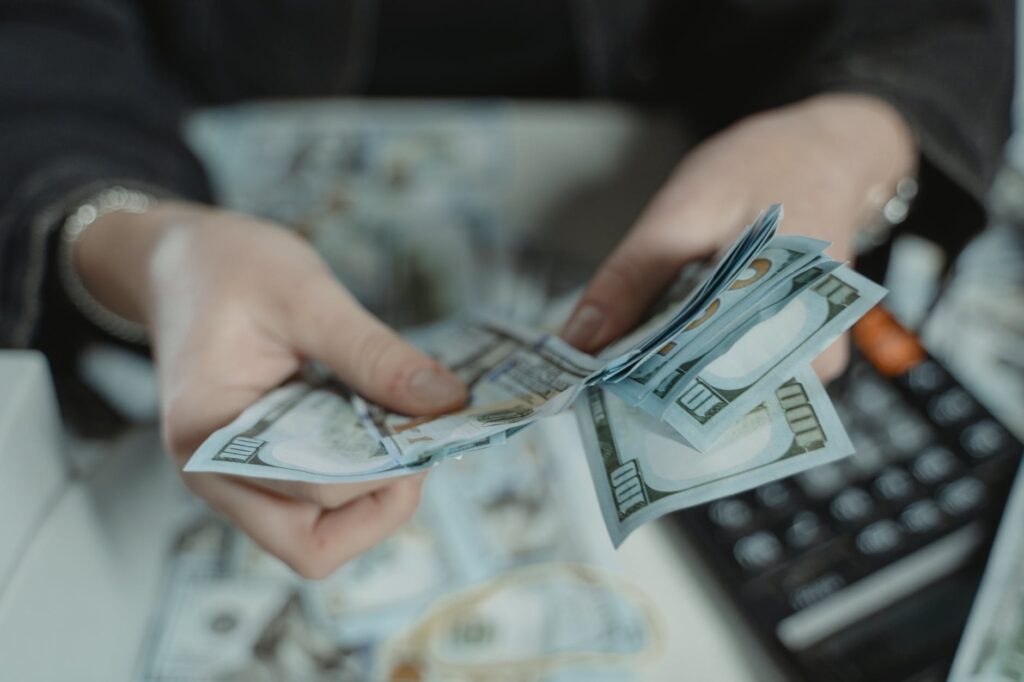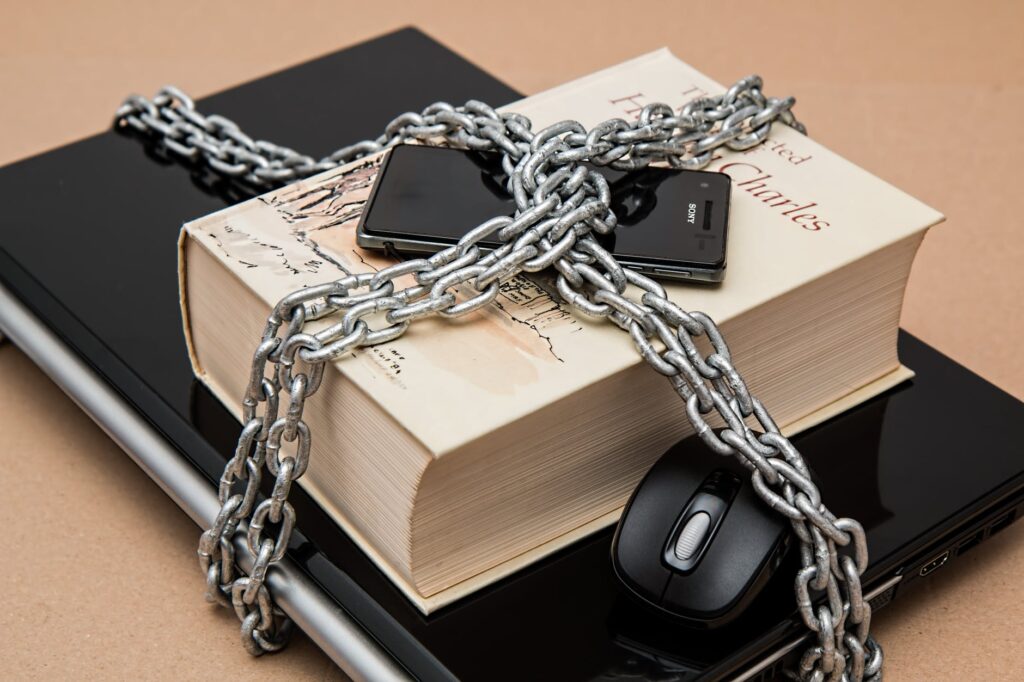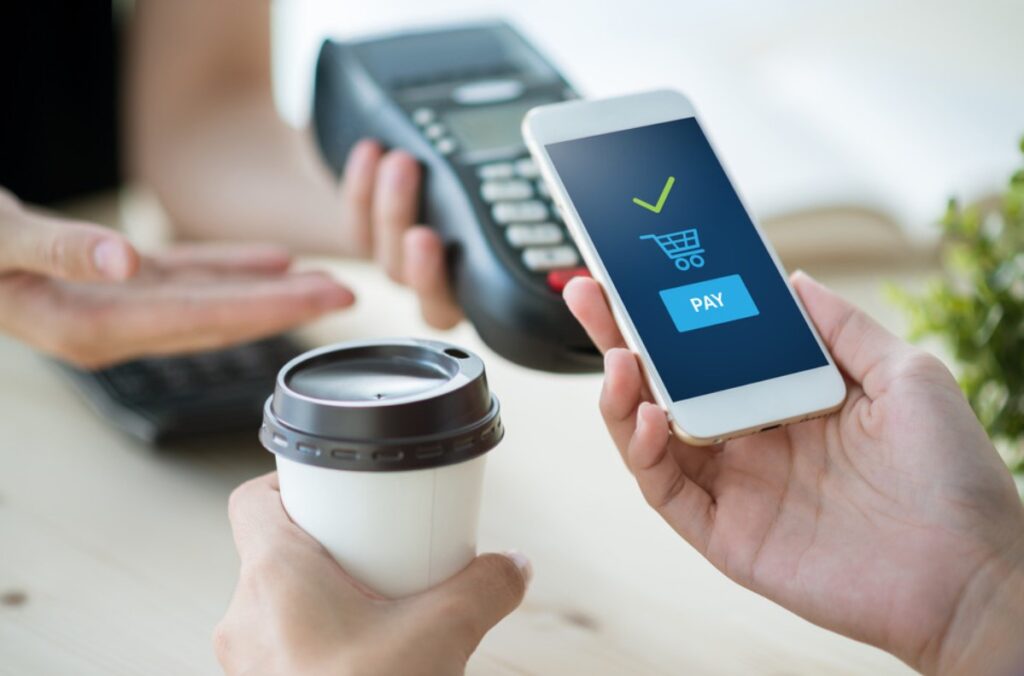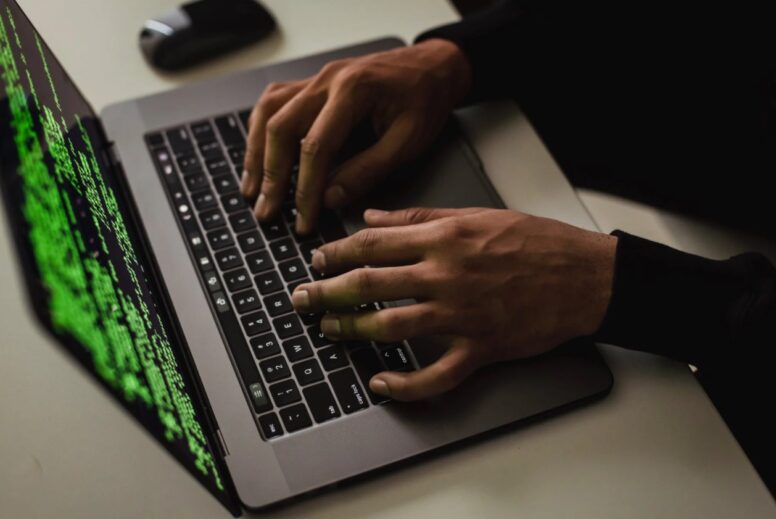Today it is very difficult to imagine life without social networks, because if not everyone, then many have a page on any of the popular sites. Over time, social networks have been used willingly by scammers, and the number of cybercrimes has increased significantly.
To reduce the risk of falling into a scammer’s trap, we recommend that you don’t enter your personal information anywhere, including phone numbers. Today there are virtual number services, and it’s much safer than using a personal phone. For example, to register a virtual number from India we recommend virtual number service https://hottelecom.biz/virtual-number-of-india.html.
The goals of scammers

Scammers have one goal – to get money or property by deception. They know how to win people over, play on their emotions and feelings, and intimidate them. They include psychologists, specialists in finance, economics, insurance, etc.
Fraud schemes are aimed at the transaction (non-cash transfer) of funds to the account of criminals. Internet abusers are becoming increasingly resourceful and, in the face of a pandemic new coronavirus infection, disguise themselves by offering online services and lucrative offers.
How to protect yourself and not to become a victim of fraudsters

In order not to fall for the tricks of fraudsters, you need to be vigilant in carrying out any transactions with bank cards and never disclose card data to anyone. Bank employees do not have to tell them or CVV / CVC number on the back.
To safeguard your personal finances, you can follow basic rules:
• Use a separate virtual card for purchases, it is better to refill it once – only when making a payment;
• Create complex passwords and use different data for mailboxes, social networks and other sites, since it is easier to recover a password than to return the stolen money;
• Not to follow unknown links, which come by e-mail, in messengers, or in social networks, especially if they offer something for free or on favorable terms;
• Not to give personal data of the card to unfamiliar people and not to enter them in unfamiliar sites, not to specify security codes from SMS-messages;
• Critically assess any information, messages, advertising on the Internet and do not believe the word of a sudden request from friends and relatives; Most likely, an unexpected request for money came from a fraudster who hacked the account;
• Use VPN (Virtual Private Network) anonymous (private) access to the Internet in unfamiliar places, so that scammers could not download personal data from the device.
All accounts need a password

Logging on to the Internet, of course, starts with a device – most often either a desktop/laptop or a smartphone. The term “personal computer” appeared a long time ago, but for many people the computer is still not personal. For example, a home computer is often used by the whole family under one account, which is not only insecure, but also inconvenient. It is also insecure because your child’s classmates who want to “joke around” will also use the computer without a password. It is much more reliable and comfortable for each computer user to create his own account with his password, and for the guests to leave the same guest account, with which the computer can be used, but nothing can drastically change, and therefore no harm can come to him.
Then, by the way, there will not be any arguments about what background on the desktop, what icons to put on it, how to configure various programs – everyone will be free to change the design for themselves. Also instantly solve all the problems with passing and setting controls in games, logging in/out of shared family messengers and sites, etc.
And yes. When you step away from your computer, even for a minute, be sure to lock it. Especially if you work in a large organization. Again – not necessarily the malware will be exactly malicious, although you shouldn’t rule it out completely.
Security check

The essence of this type of fraud is to send messages to your e-mail address on behalf of the bank saying that fraudulently they try to write off funds from your account, so in order to protect your card and cancel the write-off operation you need to send a confirmation code to the specified phone number, which will come in a while. You, in your excitement and panic, act exactly as instructed, of course, without reading the text of the message (which says that this code confirms the withdrawal of funds from your account), send a confirmation code to the specified phone number. By sending the indicated code, as it turns out later, you are actually paying for purchases, services and transferring money to other people’s accounts.
Online Dating

Having got acquainted with a charming man or a pretty girl on the Internet, at their urgent request you send them your photos of intimate content.
Payback can be blackmail: Sending instant messages or candid photos to your friends or family members who are on your social networking friends list. Otherwise, they threaten to commit the specified actions.
Buying Things

There are various stores on the Internet that sell fashionable clothes, accessories, used sports equipment and more.
As a rule, the seller asks to make an advance payment for such goods to the bank account, and even in the amount of one hundred percent of its value. As soon as you pay, the seller immediately disappears with your money.
Electronic wallets

Most often to steal your passwords and sensitive information, scammers use spam to your email address, the text of which usually says that your wallet is blocked, you need to follow the link provided and enter your personal information. Once you follow their instructions, they can easily use your wallet for their own purposes.
Conclusion
As you have already understood, scammers develop many online schemes to steal money. Detecting the identity of fraudsters is difficult enough, and in some cases even more difficult to prove the fraud itself.
The return of funds depends on the speed of reaction of the victim and the bank’s security service. Be sure to contact the police, at least in an online form and even if the amount is small. If there are more and more signals from the population – the problem will be taken seriously.

